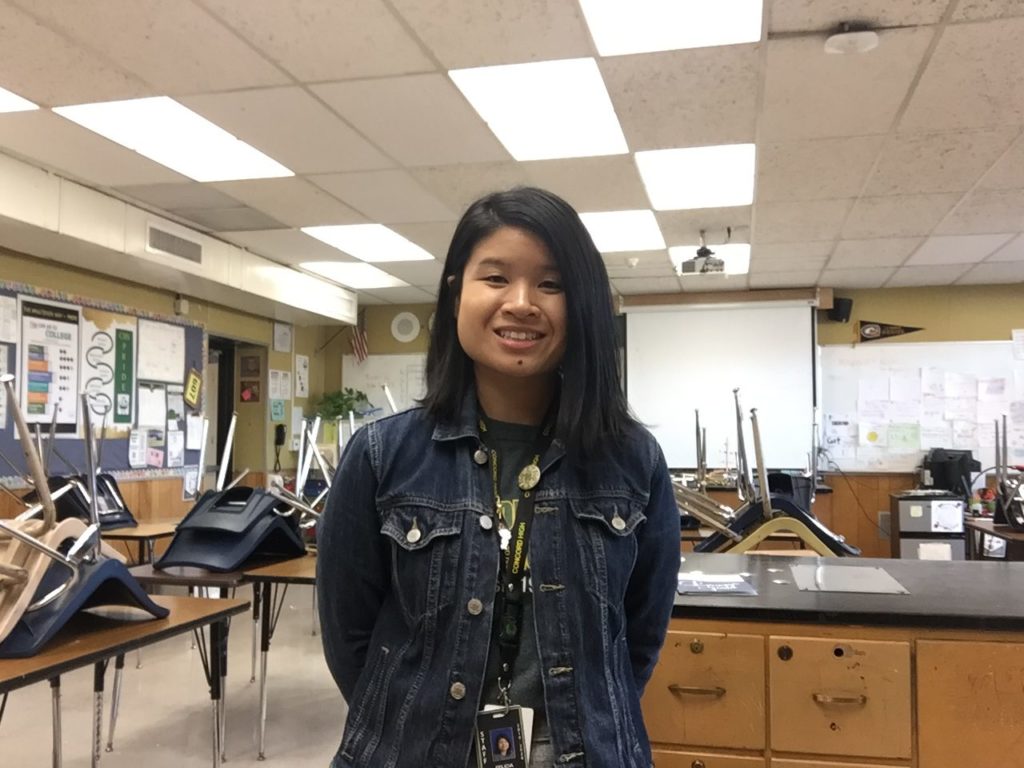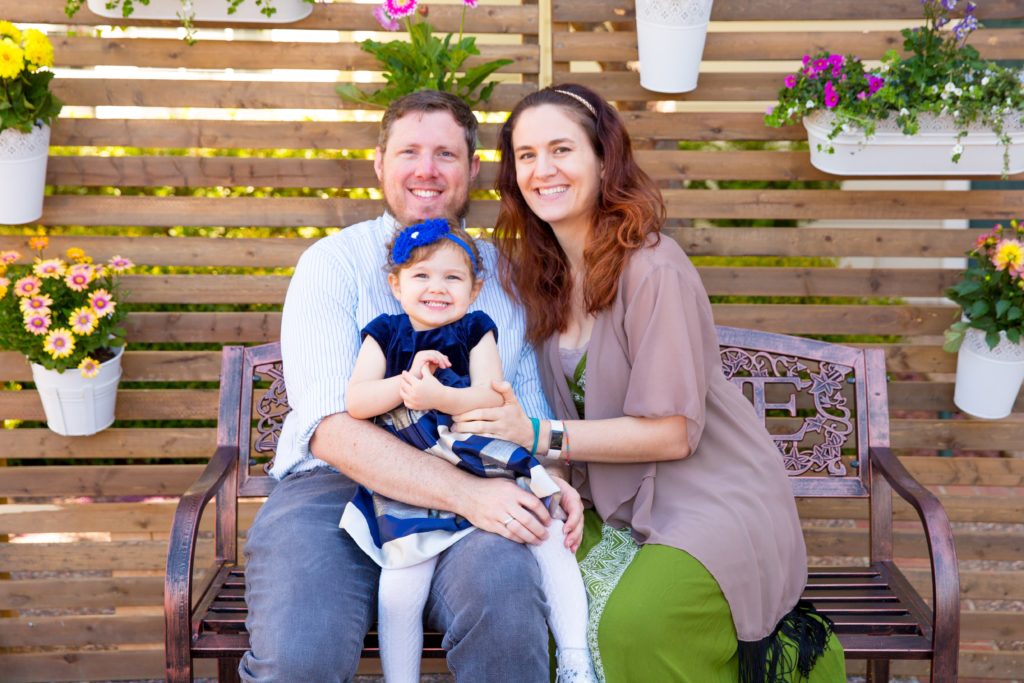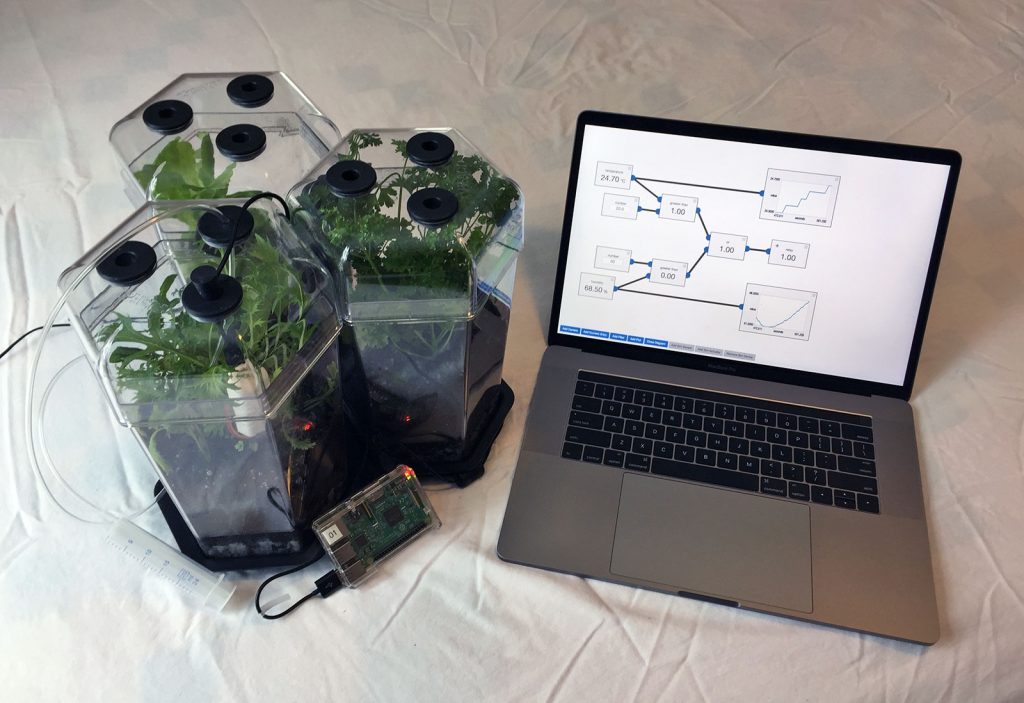Category: Tag: InSPECT
“Only by making sense of what they are seeing and doing can students truly appreciate what science is and what scientists need to do to better understand our world,” says Ed Crandall.
He brings this sense of adventure to his life and his teaching. When backpacking in Alaska and hiking in Zion National Park, the extreme beauty nearly crumpled him. Ed was equally moved when he first saw Maxwell’s equations in a physics lecture. He now laughs about “being brought to tears by math.”
Felicia Yu would love to take a road trip up the West Coast with stops in Ashland (for the Oregon Shakespeare Festival), Portland, Seattle, and Vancouver. It’s no surprise that part of her dream vacation also includes “hitting up every major botanical garden along the way,” since she holds a master’s degree in horticulture.
Kristina Koster first became interested in teaching as a tutor for the TRIO Upward Bound program while in junior college. The program helps low-income, first-generation college-bound students get into and succeed in college by providing free afterschool tutoring, Saturday educational workshops, and college visits. Kristina recalls, “I was able to see that I could combine my love for helping people with my love for science.”
In the midst of the data deluge, data seem to be everywhere. With the advent of ubiquitous Internet of Things sensors, data now seem to be a part of the natural world around us, too. And along with this idea that data exist everywhere, we often say that scientists collect data (think: collecting blueberries, in […]
We’re thrilled to present three videos in the National Science Foundation STEM for All Video Showcase from May 14 to 21! We invite you to view the videos and join the conversation about research projects that are transforming the STEM educational landscape. Please vote for our videos through Facebook, Twitter, or email! Geniventure Geniventure is […]
Integrating computational thinking into core science content and practices is a major goal of our InSPECT project, which is developing hands-on high school biology investigations using simple electronic sensors with Internet of Things (IoT) connectivity—a far cry from the simple germination experiments students usually encounter. An article in the Fall 2017 Concord Consortium newsletter (“Science Thinking […]


